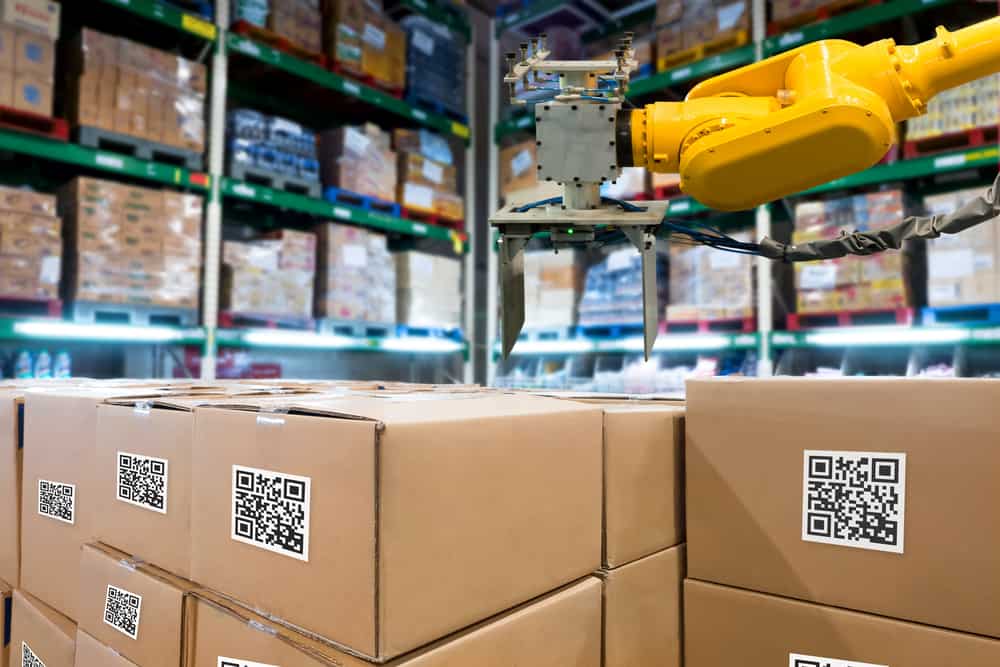With 2021 just a few days away, we wanted to explore a few trends in supply chain management that will be important for shipping, logistics, and transportation in the next year.
1. Sustainability
The Sustainable Supply Chain Foundation (SSCF) describes sustainable supply chain management as integrating environmentally and financially viable practices into the complete supply chain lifecycle, from product design and development to material selection, (including raw material extraction or agricultural production), manufacturing, packaging, transportation, warehousing, distribution, consumption, return and disposal. Environmentally sustainable supply chain management and practices can assist organizations in not only reducing their total carbon footprint, but also in optimizing their end-to-end operations to achieve greater cost savings and profitability.
Besides its benefit to us and our environment, it is also cost-effective, promotes brand goodwill, and increases customer loyalty. It offers significant competitive advantages for early adopters and process innovators. It encloses a number of different priorities:
- Environmental stewardship
- Conservation of resources
- Reduction of carbon footprint
- Financial savings and viability
- Social responsibility
2. Agility
The agile supply chain alludes to the use of responsiveness, flexibility, and quickness to manage how well a supply chain entity operates on a daily basis. Flexibility and agility will help the supply chain to respond to changes within short notice. Evidently, unforeseen events do occur. With agility, companies can prove they can cope with natural disasters or pandemics.
3. Blockchain
Blockchain technology helps distribute digital data transparently and securely. Shipping lines, logistics firms, customers and vendors can all collaborate using a single platform. Every piece of added data or information is in the form of blocks stored in a single location. And they are kept secure using encryption and a time-stamp ledger linking new information to the existing chain. Blockchain systems are cost-effective, transparent, and fast. And the supply chain can be completely paperless. It moreover allows supply chain managers to detect possible issues before they happen. Businesses are now adopting blockchain technology for their online payment platforms.
4. AI and Machine Learning
AI and machine learning technology has brought several new approaches to supply chains. Machine learning can read, identify, and replicate complex content, patterns, and procedure. Businesses that make use of AI technology in their supply chain have seen improvements in the areas of inventory management, staff productivity, supplier selection process, and customer experience.
5. Supply Chain as a Service (SCaaS)
Several businesses handle their supply chain activities in-house. However, more companies now adopt the Supply Chain as a Service (SCaaS) business model. They outsource activities like packing, inventory management, and logistics.




